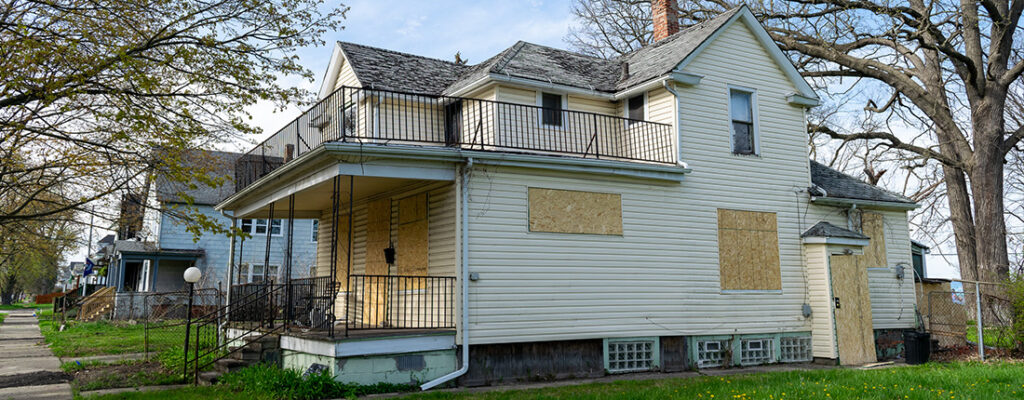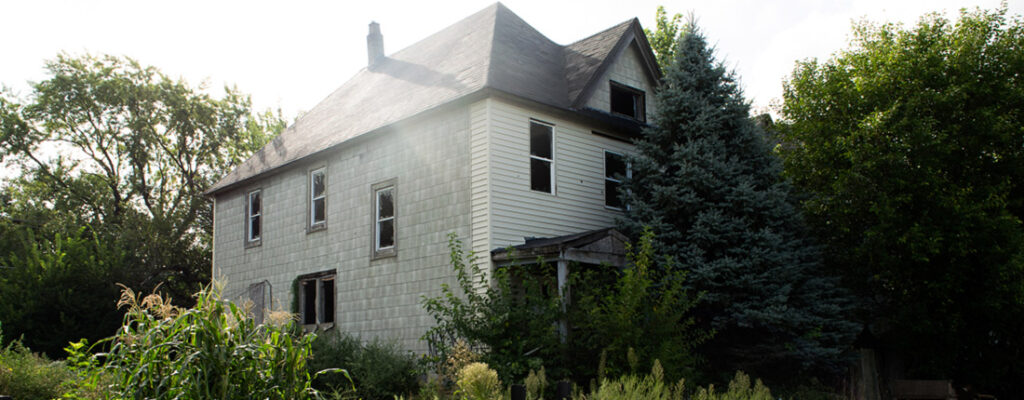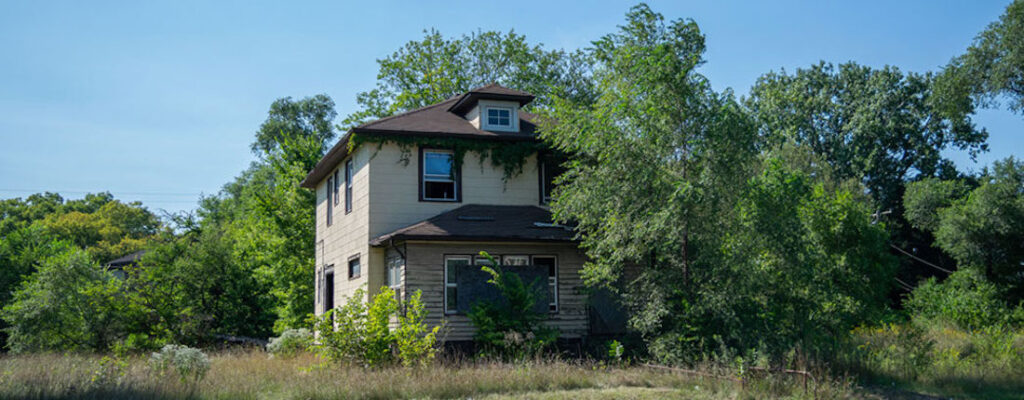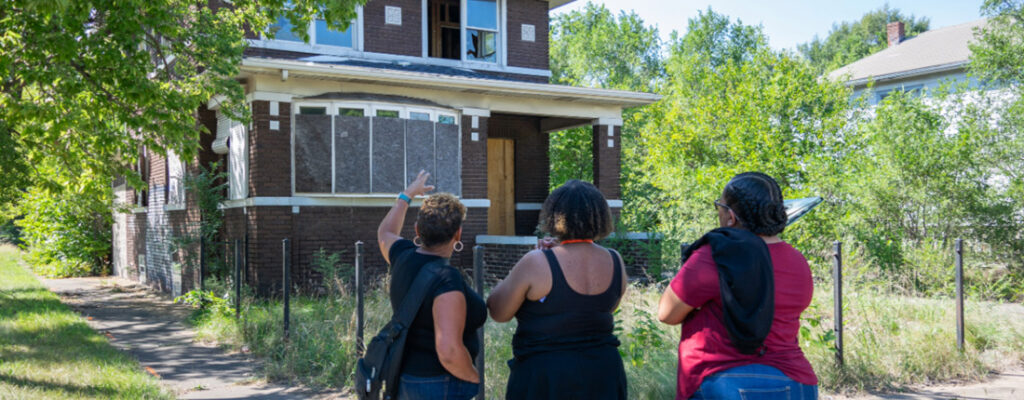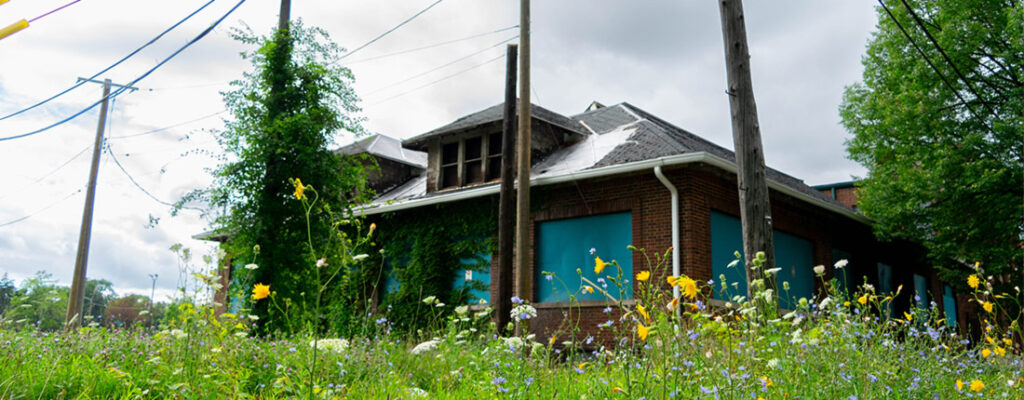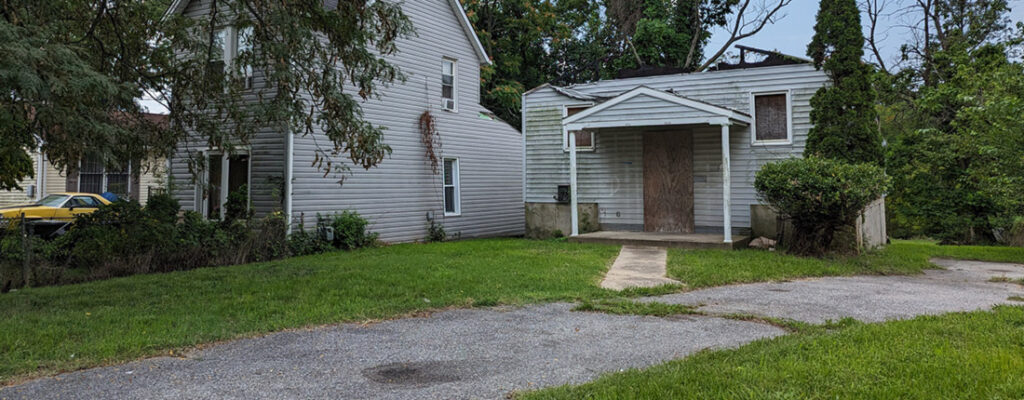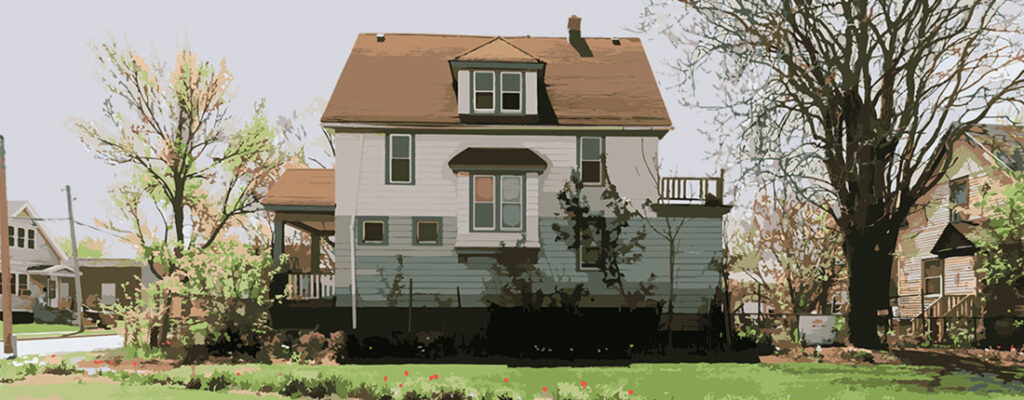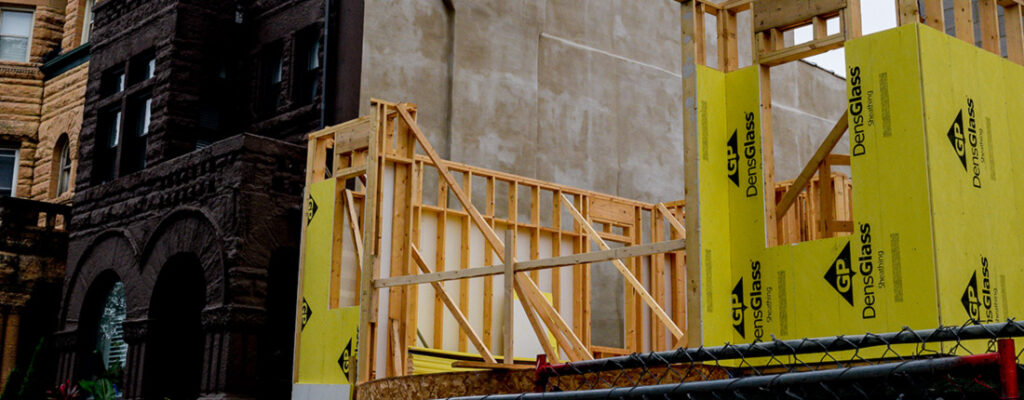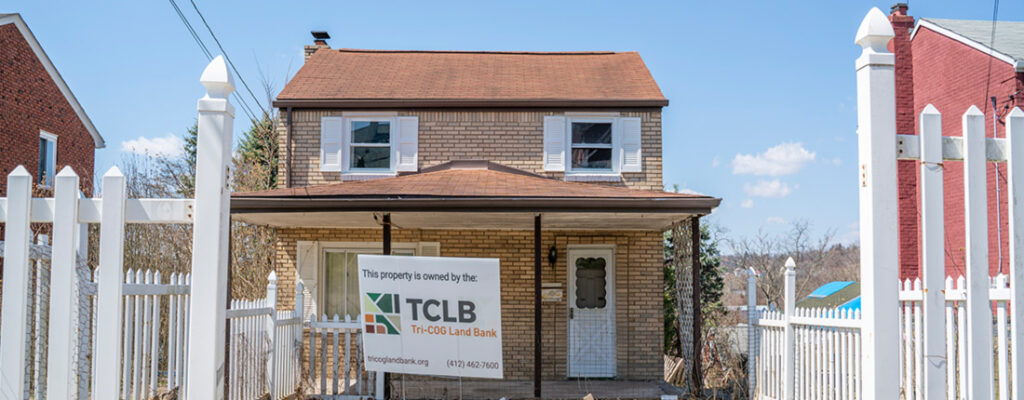Blog
Equitable Revitalization
The bipartisan bill is an important step in giving rural, urban, and suburban communities the tools to address “blighted” properties. The key focus of the bill is providing support to land banks, a tool many communities are adopting to support economic and neighborhood revitalization.
Read More »Blight is a shorthand term many people use to refer to properties they perceive as problematic in some way.
Read More »Vacant, abandoned, and deteriorated (VAD) properties—referred to by some as “blighted properties”—pose significant costs to public health, property values, local taxpayers, and more.
Read More »When neighbors come together, they can be a powerful voice for community revitalization.
Read More »Answering the most common and important questions we’ve heard about property tax foreclosure in the wake of Tyler v. Hennepin County.
Read More »Systemic vacancy is the community experience of widespread property vacancy caused by the combined actions of people, policies, and processes.
Read More »The key lesson from this year’s VAD Academy: systemic racism is a root cause of vacant, abandoned, deteriorated properties.
Read More »On April 17, 2023, the Center for Community Progress submitted a response to the Federal Housing Administration (FHA)’s Request for Information (RFI) Regarding Rehabilitation Mortgages. A rehabilitation mortgage, often called a rehab mortgage, is designed to help homeowners improve their existing home or buy a home needing repair or renovation….
Read More »Representing Allegheny County, Pennsylvania, the Tri-COG land bank has had enormous success in its first five years of operation.
Read More »The City of Detroit’s innovative Make it Home program harnesses the power of the traditionally harmful property tax foreclosure process and uses it to increase affordable homeownership, improve housing conditions, and stabilize neighborhoods.
Read More »
